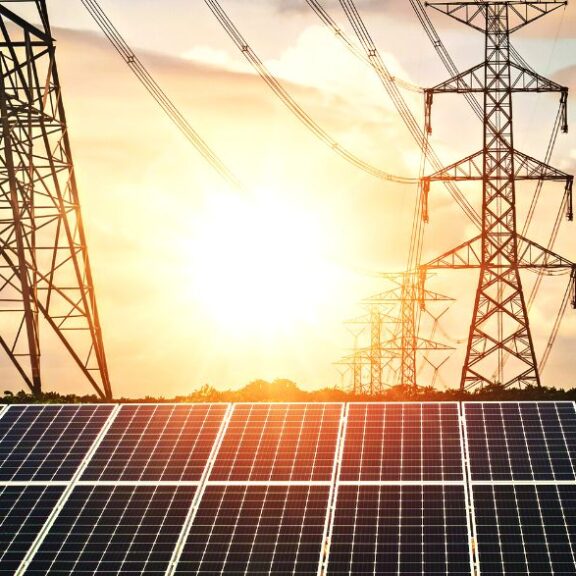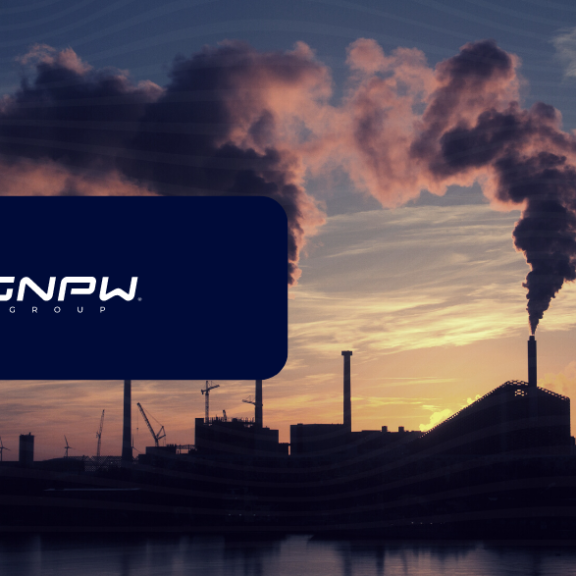Biogas and Distributed Generation: the sustainable energy revolution in Brazil
Biogas is a renewable gas produced by the anaerobic decomposition of organic matter by microorganisms. Its main components include methane (CH4) and carbon dioxide (CO2), along with small amounts of other gases. The sources of biogas are varied, including agricultural waste, sewage, and urban solid waste.








